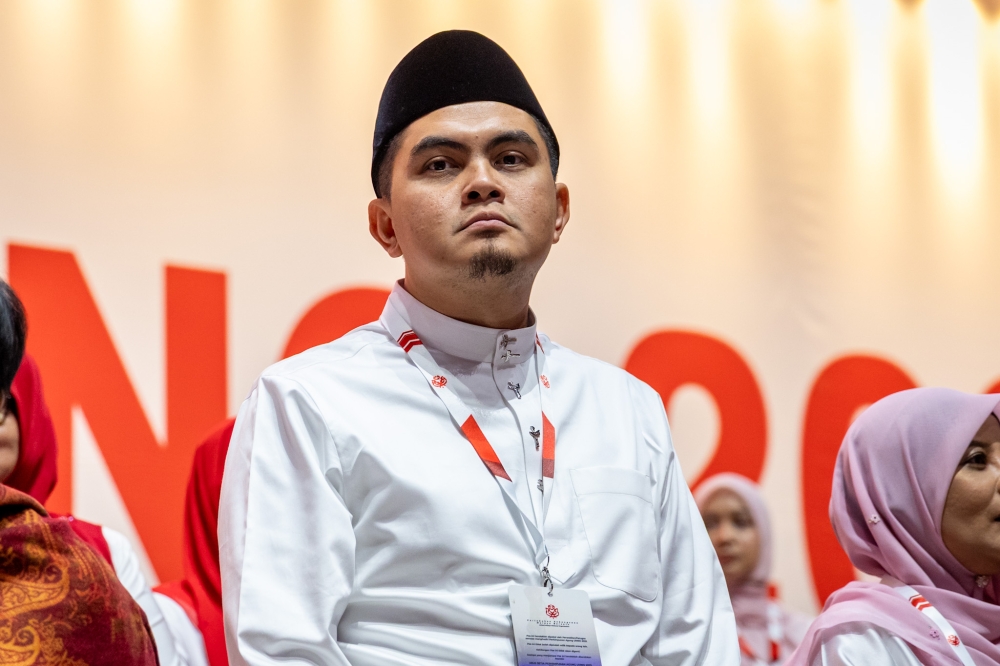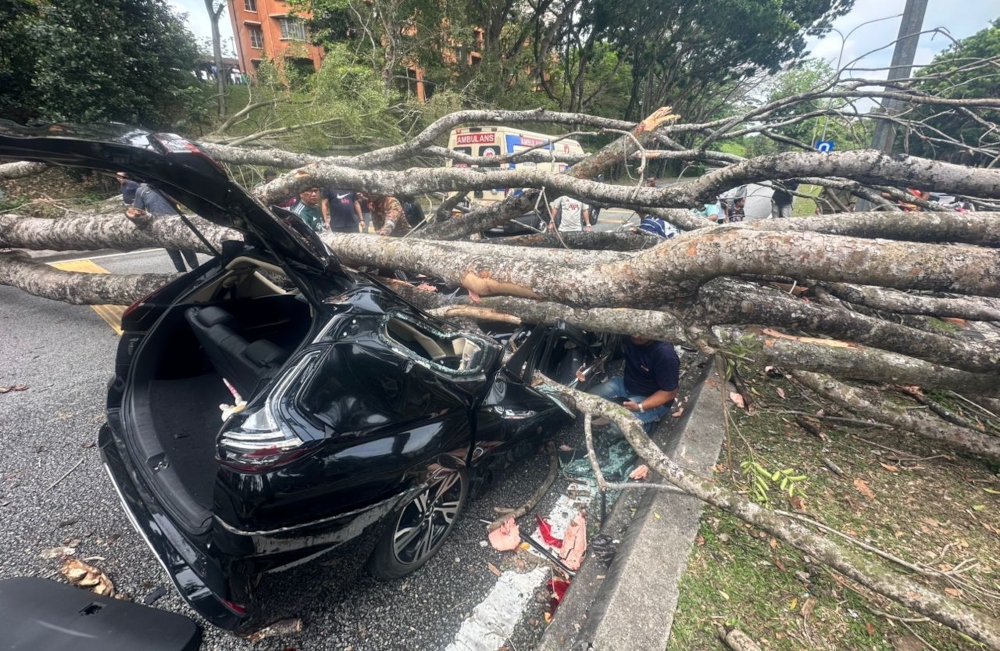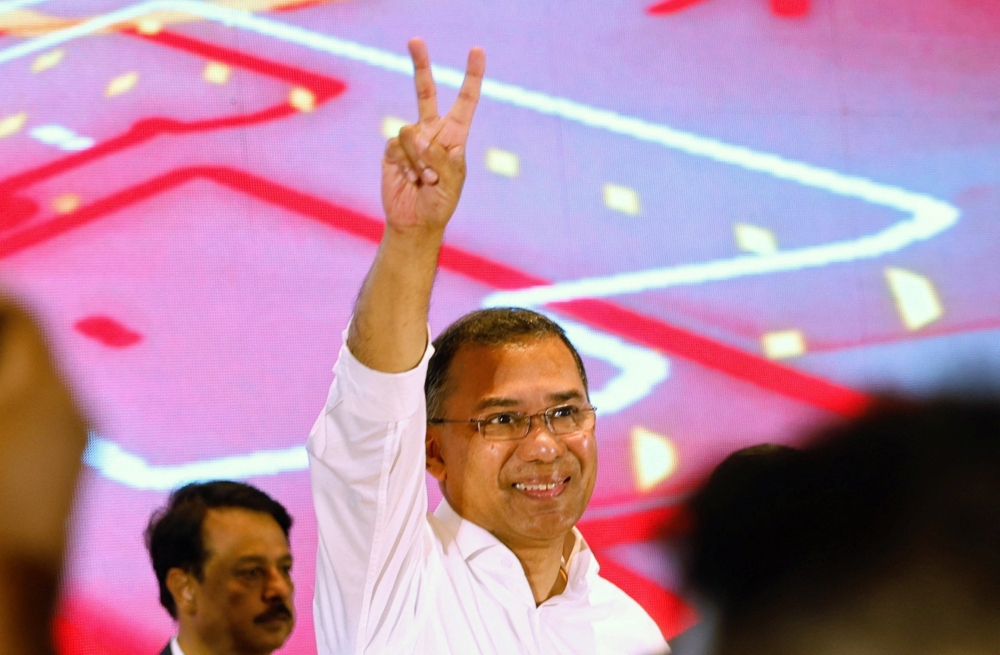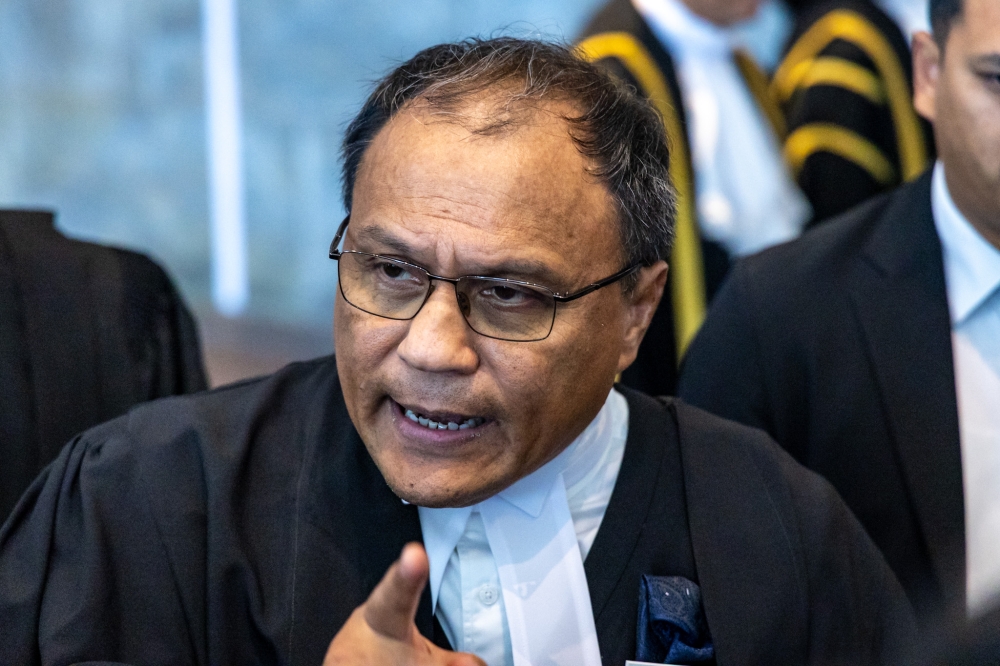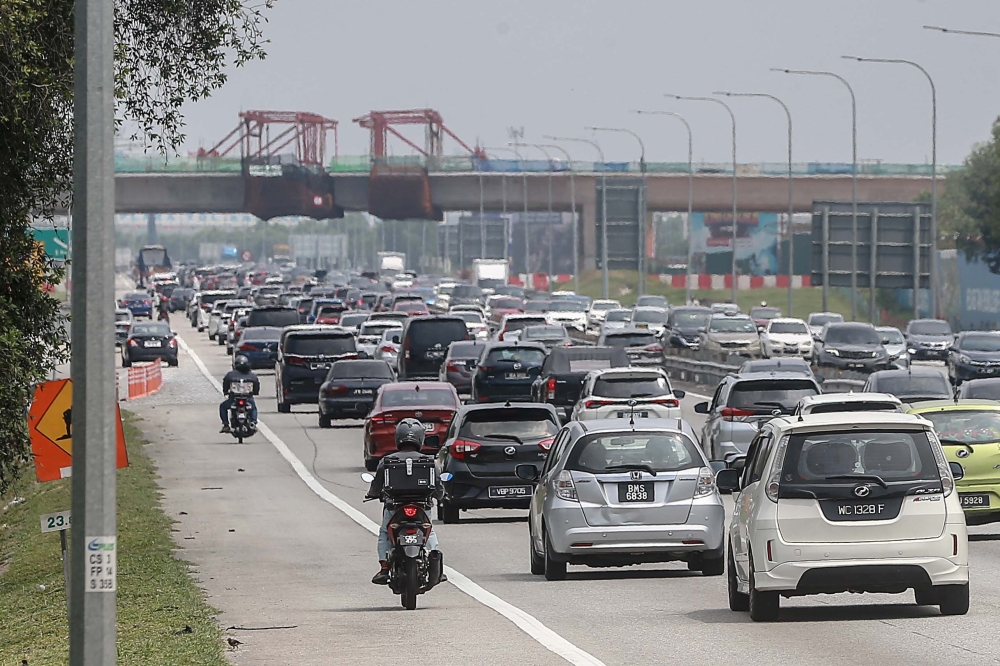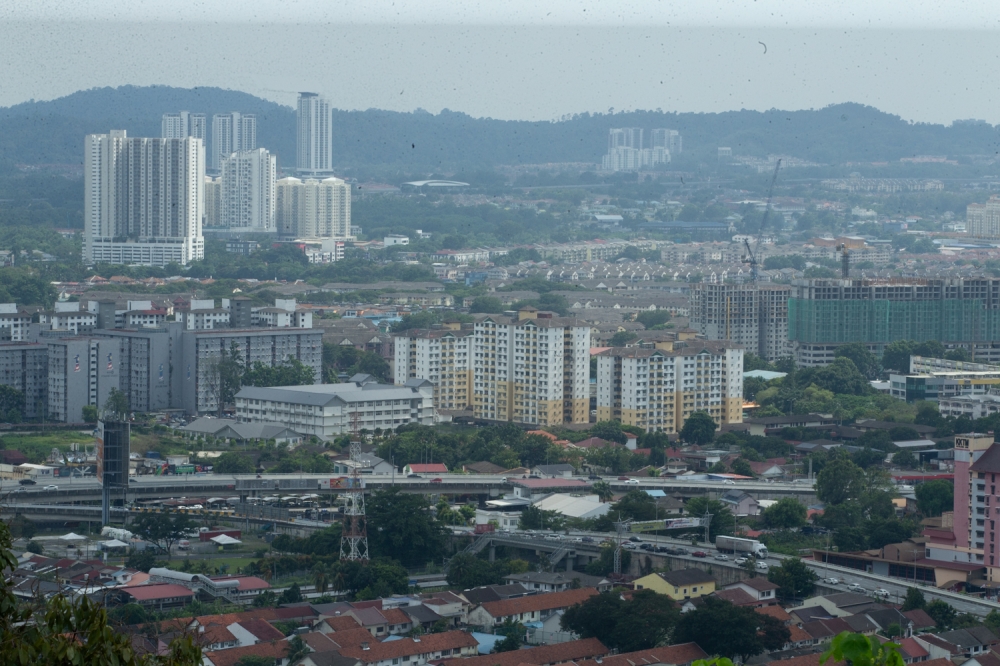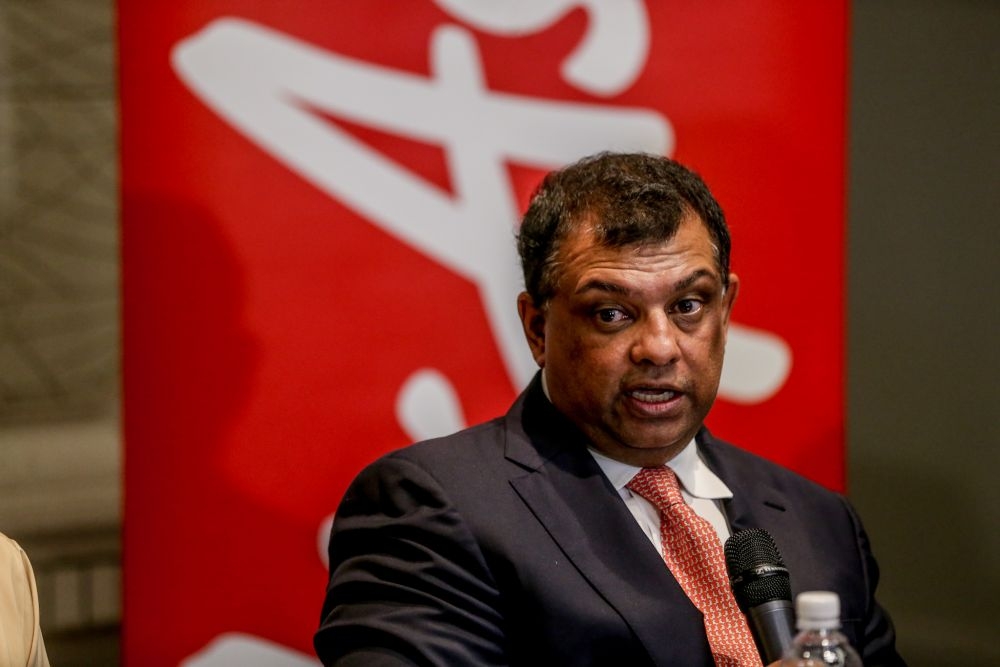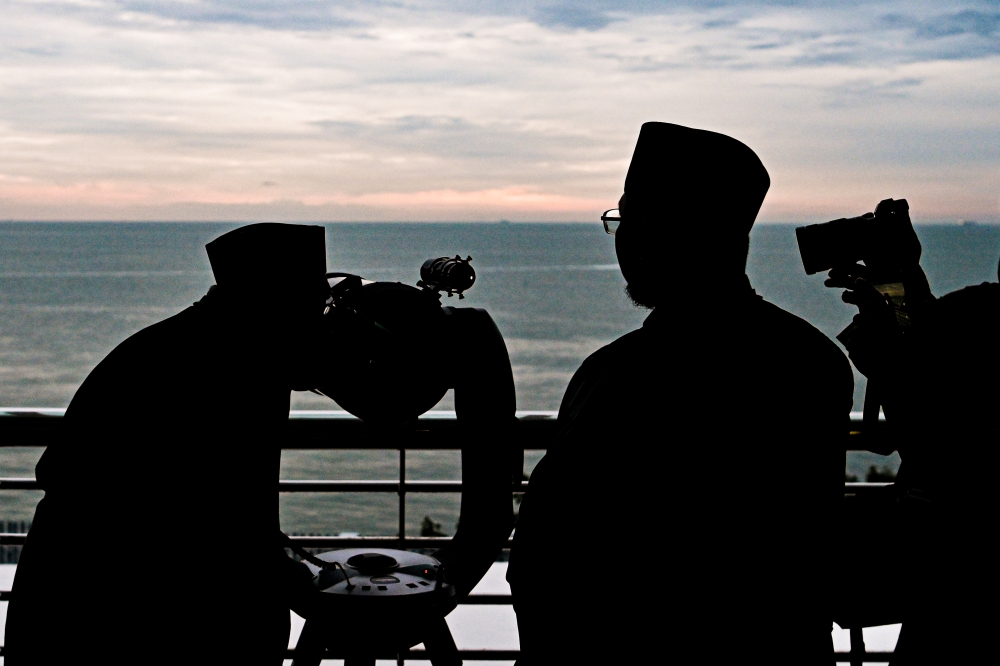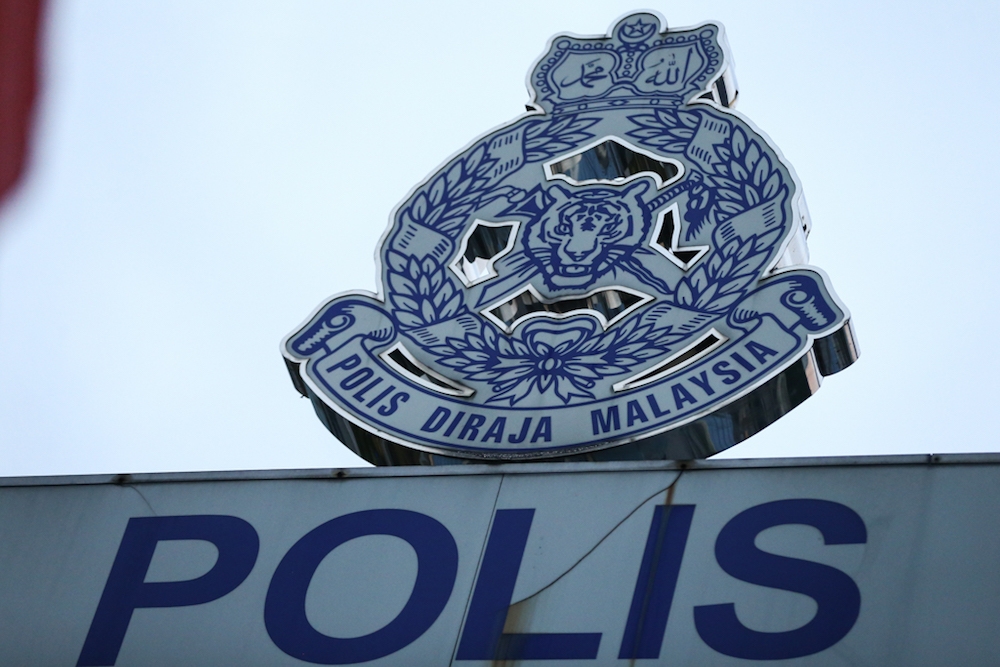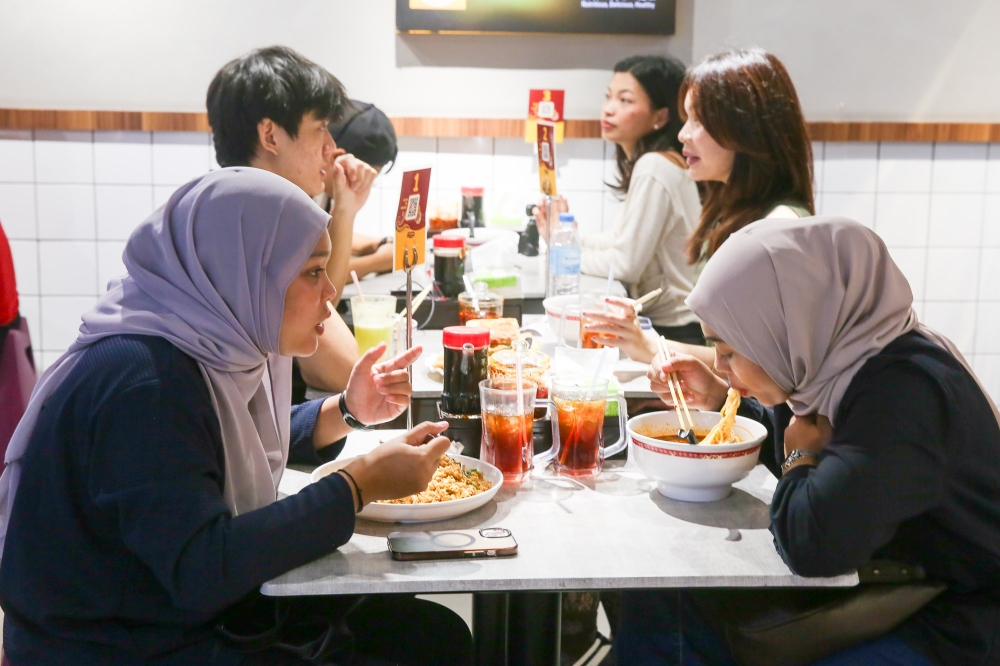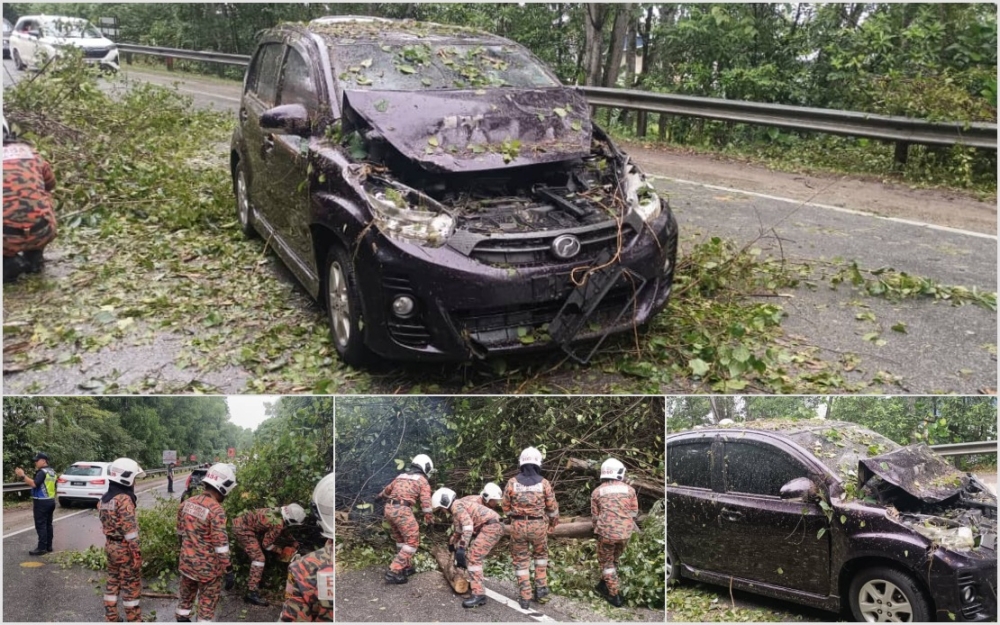APRIL 19 — By now, the Yusof Haslam family dynasty, especially when it comes to ruling the all-time local box-office charts for Malaysian films, is indisputable.
The current top five of the all-time highest grossing Malaysian films list contains four films from the Yusof brothers, two from Syamsul Yusof (who tops the list with Mat Kilau: Kebangkitan Pahlawan with RM89.4 million) and two from Syafiq Yusof (who holds the second and third spots with Sheriff: Narko Integriti and Polis EVO 3, banking RM64 million and RM50 million respectively).
Look further into the top 20 or top 30 and you’ll find more films by the brothers in there.
In short, whatever the genre they may be working in, especially the more adventurous Syafiq who has traversed various film genres in his still young career, these dudes really know what the local cinema-going audiences want.
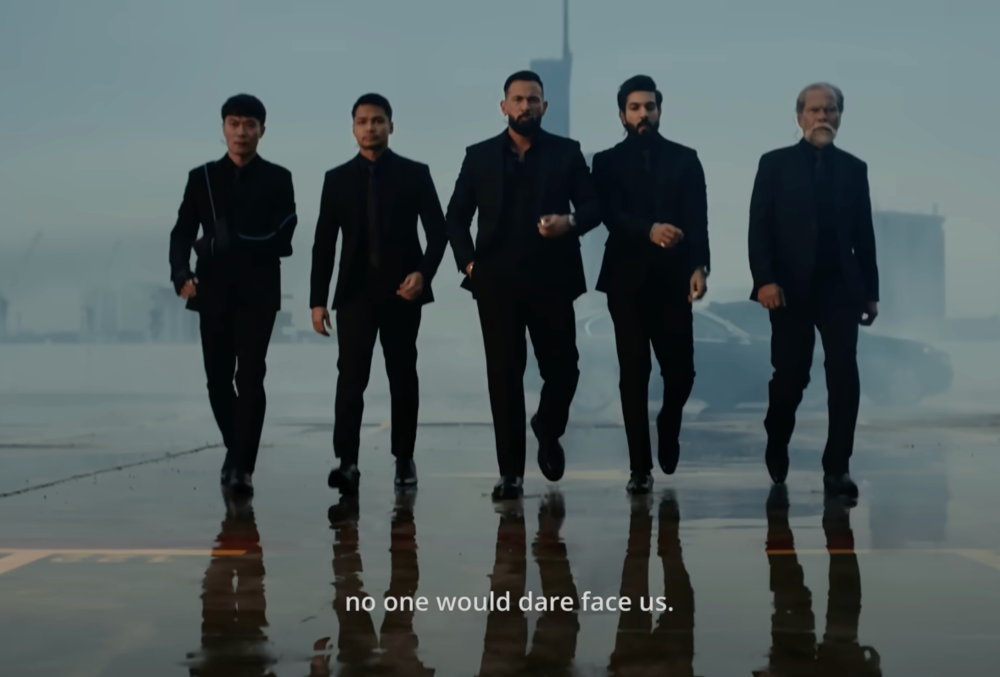
Just seven days in, it looks like Syafiq has another huge hit on his hands with Blood Brothers: Bara Naga, which has already entered the all-time local top 10 list with a collection of almost RM30 million, in just one week, for a film that’s rated 16 (which means that it’s only suitable for those aged 16 and above).
If you’re Malaysian and on social media, there’s no way you wouldn’t have seen posts about the film floating around in the last few weeks, and if, due to understandable previous bad experiences with local mainstream films, you’re still hesitating whether this film would be worth a watch, then let me just tell you now, it is.
As a mainstream Malay language film, this one continues the recent very positive trend of providing the audience with super solid craftsmanship, emotionally involving storytelling and slick production values.
It tells the story of two sets of brothers, initially focusing more on one formed through childhood friendship between Ariff (Syafiq Kyle) and Ghaz (Sharnaaz Ahmad), both of whom now work as professional bodyguards in an elite security firm and rather surprisingly later on in the film it starts to focus on the other set of brothers, between Ariff and his real-life but estranged brother Jaki (a scene stealing Syazwan Zulkifli).
The film, co-directed by Syafiq Yusof and Abhilash Chandra, weaves an attractively elaborate plot involving multiple surprises and double crosses as all signs point to Ariff being a traitor in their family (but the audience clearly knows he isn’t one and is being framed for it, but we don’t know by who), and Ghaz going on mad dog mode to hunt him down, and then cleverly works in Jaki (who initially seemed like he’s just going to be the film’s comic relief character) into the picture, setting up some pretty emotional questions asked regarding the strength and worth of brotherhood, whether by blood or by friendship.
In social media posts praising the film, I often see Hollywood being mentioned as the new benchmark being reached by this movie, but if I’m being really honest, this one has more in common with the more recent standouts in Indian cinema of the non-Bollywood variety, which is to say that this will delight fans of all those recent Tamil, Telugu or Kannada language action/gangster hits.
Even the way that Ghaz, Ariff and their crew of bodyguards dress look more like the gangsters in those recent Tamil, Telugu or Kannada language movies like the KGF and Jigarthanda movies, Marco and the likes.
The acting, action choreography, lighting, cinematography, editing and blocking also all very much evoke the aforementioned movies, which is a roundabout way to say that all of it was done on a technical level that far surpasses the majority of Malaysian movies.
Yet far from being a mere imitation of the new school of slick South Indian movies, I found it quite delightful that Blood Brothers: Bara Naga still has plenty of little touches that make it a Malaysian movie.
While the movie’s tone and acting style is clearly similar to those South Indian movies, Jaki’s comic relief character, and the whole humour surrounding his character is something that will probably never be allowed in a Hollywood gangster/mafia tale (and maybe even in those South Indian movies), unless the movie is a spoof, which this one clearly isn’t.
And the quite obvious delight that directors Syafiq and Abilash have in blowing up cars is still something very endearingly Skop Productions and totally Malaysian, inspired by our love of all those 1980s Hong Kong and B-grade American action flicks, which is something that the directors clearly noticed as well when they allowed Jaki to quip about not having any cars left to escape in as they’ve all been blown up (“Kereta mana? Semua dah kena letup”, he said), towards the end of the film.
Like I said in the beginning, after all this time making all those box-office hits, these dudes really know what the Malaysian cinema-going public want.
And when you pair that with solid technical craftsmanship, earnest storytelling and just the right amount of Malaysian-style cheese, you might even end up getting more than the usual bums into cinema seats like this film might just be doing as we speak.
* This is the personal opinion of the columnist.

